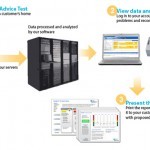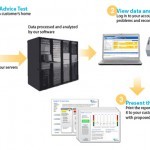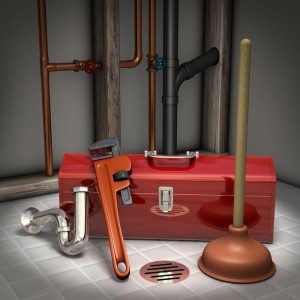It’s a harsh reality, but one that has hit home recently. Take care that it doesn’t hit your home. Manufacturers are tightening up on regulations when it comes to warranties!
When you purchase a car, you know that you must change your oil every 3,000 miles. If you don’t and your engine is damaged, your warranty is void. It’s your responsibility, and it’s in the manual. Guess what: air conditioning manufacturers are invoking the same policy on your air conditioning system and heat pump.
They’ve said for years that they could request maintenance records for warranty claims. Over the last 15 years, we’ve never had them requested. Until last month. It began: our claims for parts that to us should have been a no-questions-asked warranty claim were marked “pending additional documentation.” The manufacturers requested that we provide the maintenance records for the systems with claims dating back to the installation date. For one customer, this wasn’t a problem, as they’d been an MVP member since we installed her system. For the other, the story doesn’t end so well. Bayonet didn’t install the system, it wasn’t registered properly, she had no maintenance records, and, in the end, the manufacturer denied the part failure claim, leaving her with a bill.
Maintenance is not only the key to longevity and minimizing system failures, it will also protect you from being caught in this uncomfortable situation. Bayonet’s MVP program is designed to make it easy for you to keep your warranty intact and your system in great shape. As an MVP member, you will enjoy two AC maintenance visits per year, one plumbing maintenance visit, and many other benefits. You’ll enjoy no overtime rates, no matter when you need service (even holidays). Plus, there’s the small detail of the 5-year warranty on any repair we make while you’re an MVP member. So, protect yourself, your system and your warranty: become an MVP today.
To clarify: all manufacturers are cracking down on all systems, whether you have an extended warranty or a manufacturer’s part warranty, we’ve had maintenance record requests and some manufacturers are making it commonplace that the records must be submitted with any part claim.
Regular maintenance not only protects your warranty, it also keeps your system running at its best. This can help keep your power bill low in these hot months! Dirt accumulates on the coils and reduces the efficiency of the system. Bayonet’s techs clean both the indoor and outdoor coils as part of the maintenance, restoring the efficiency and keeping the system from working too hard.
Use this blog to help you save money: show it to your tech and he will take $10 off the cost of an MVP contract. (But, please, don’t combine with other coupons!) Don’t Sweat: Call Bayonet!



